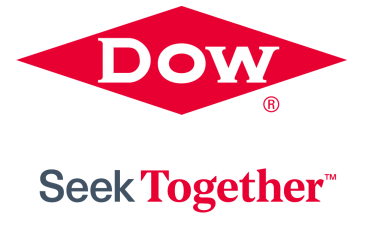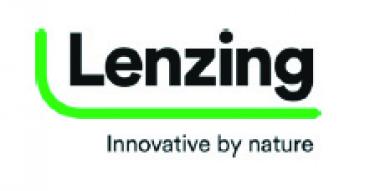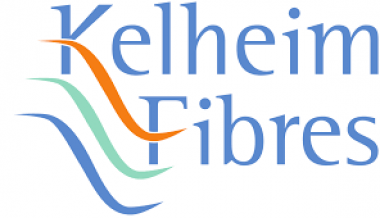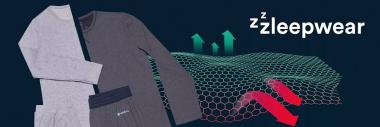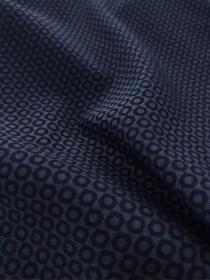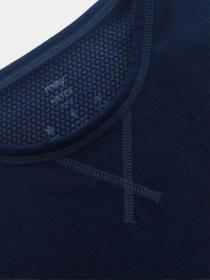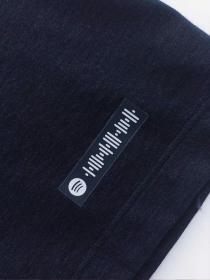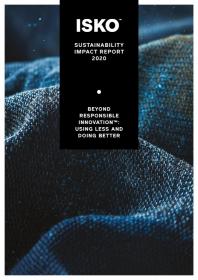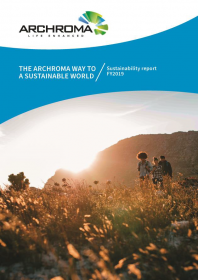Dow introduces durable water repellent finishing for more sustainable textiles
Dow introduces DOWSIL™ IE-8749 Emulsion, a new generation of durable water repellent finishes for fabrics based on silicone chemistry.
Studies conducted on a variety of textiles substrates based on DOWSIL™ IE-8749 Emulsion treatment demonstrate improved fabric retention compared to standard silicone finishes – thereby providing continued water repellency after multiple washes. Unlike many conventional finishes, DOWSIL™ IE-8749 Emulsion finish does not need to be regularly heat treated to restore the water repellency performance, which is a key advantage for the durability of the final product.
By incorporating a DOWSIL™ IE-8749 Emulsion treatment into their finishing processes, textile finishers receive greater control over the hand feel of the fabric - an important parameter driving consumer choices today. Depending on specific need, this can range, from a very soft hand feel that is characteristic of silicone when used alone, to a firmer hand with the addition of cross linkers.
The technology powering DOWSIL™ IE-8749 Emulsion was developed through a collaboration between Dow and Nicca Chemical.
G&S


